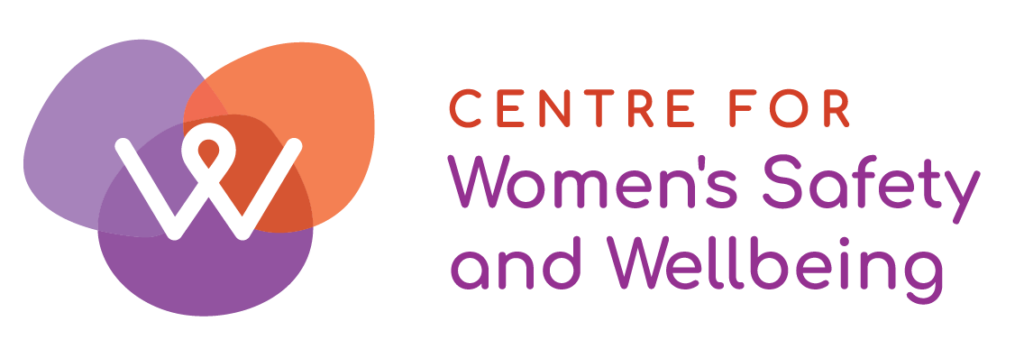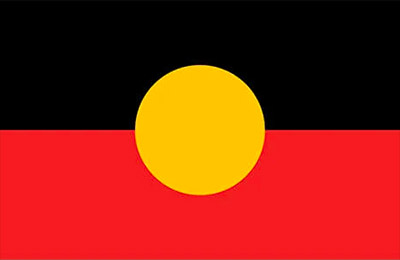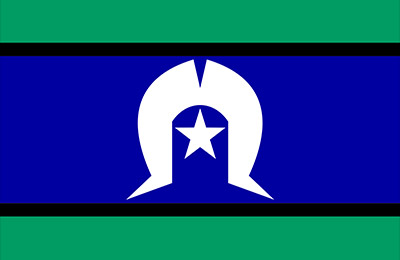After two years, 80 submissions and 10 public hearings, the historic Senate Inquiry into Missing and Murdered First Nations women and children handed down its report on Thursday, August 15.
The landmark inquiry found there had been “little if any” justice for many First Nations women and children who were missing or had been murdered and in too many instances perpetrators were not held to account. Under the Terms of Reference, the inquiry focused on First Nations women and children who are missing and murdered and aimed to examine prevalence, systemic causes, differences in response between First Nations and non-First Nations women and children and the ways in which missing and murdered First Nations women and children and their families can be honoured and commemorated. The results were damning.
“This report has laid bare the crisis of violence experienced by our First Nations women who are the unwitting victims of a system that has failed to protect them; a system designed historically for racialised and gendered violence, and which contemporary impacts are being seen in the disproportional rates of violence experienced by our First Nations women,” Kerry Staines, First Nations Advocates Against Family Violence said. “We note the recommendations highlighted in the report and consider that these recommendations will be meaningless without concerted efforts by the government to invest and empower our communities and ACCOs to give effect to these recommendations. We call on Government to respond to these recommendations and deliver a plan of action.”
The report found First Nations women and children are disproportionately impacted by men’s violence, police often fail to investigate or respond to calls for help from First Nations women and children, they were regularly failed by the legal system, their stories go largely untold by mainstream media and the data is woefully inaccurate.
The report made 10 recommendations:
- That Federal, State and Territory governments codesign with First Nations families and communities a culturally appropriate and nationally significant way in which to recognise and remember the First Nations women and children who have been murdered or disappeared.
- That the Police Ministers Council review existing police practices in each jurisdiction, consider the learnings from each jurisdiction and aim to implement and harmonise best police practices across Australia by no later than 31 December 2025
- The Senate Legal and Constitutional Affairs Legislation Committee or the Joint Standing Committee on Aboriginal and Torres Strait Islander Affairs monitors progress of police review
- Appointment of a First Nations person to advocate on behalf of and addressing violence against First Nations women and children within the Domestic, Family and Sexual Violence Commission.
- The committee recommends that the Australian government urgently gives effect to the relevant recommendations in the Independent Review of the National Legal Assistance Partnership 2020–2025, in particular Recommendations 2–3, 9 and 11–12, and specifically addresses the need to increase the geographic spread and capacity of Family Violence Prevention Legal Services.
- Sustainable funding for ongoing support services for First Nations people, including women and children, experiencing domestic, family and sexual violence – with priority to Aboriginal community-controlled organisations who demonstrate evidence-based primary prevention initiatives.
- First Nations women to lead the design and implementation of services and supports that address violence in their communities, as consistently advocated by the Wiyi Yani U Thangani (Women’s Voices) project, and reflecting the principles contained in the United Nations Declaration on the Rights of Indigenous People.
- Audit of whether the government is delivering on National Agreement on Closing the Gap (in particular, Target 13); National Plan to End Violence against Women and Children 2022–2032; Aboriginal and Torres Strait Islander Action Plan 2023–25;
- the First Nations National Plan, once in effect.
- The Australian Press Council considers how the media portrays cases of murdered and disappeared First Nations women and children, and considers introduction of additional Standards or Advisory Guidelines or amendment of the existing Standards and Advisory Guidelines.
- Systematic consideration of recommendations made to inquiry around:
- trauma informed healing
- implementation of a violence prevention framework for men and boys;
- development of Aboriginal community-based support programs for men; and
- initiatives which promote a sense of individual and community responsibility for the issue of male violence against Aboriginal women.
The Centre for Women’s Safety and Wellbeing stands with First Nations women and communities in support of creating a strong foundation for healing and justice and the necessary responses and reforms to uphold the right to live free from violence and fear. Read the full report here.





